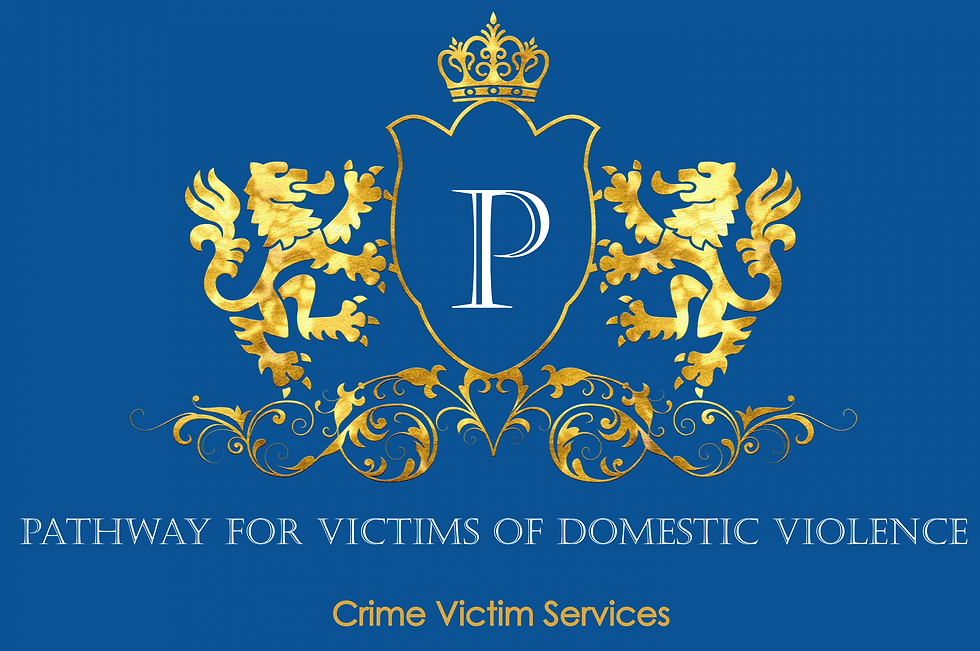


Case Management
Case Management
Pathways for Victims of Domestic Violence is responsible for providing case management services. The agency provides services which assist an individual in gaining access to needed medical, social, educational, and/or other services. Case management services may be used to locate, coordinate, and monitor necessary appropriate services. It may be used to encourage the use of cost-effective medical care by referrals to appropriate providers and to discourage over utilization of costly services. Case management may also serve to provide necessary coordination of non-medical services such as vocational rehabilitation, education, employment, when the services provided enable the individual to function at the highest level.
Social Workers
Social Workers are qualified by a Social Work degree, and licensed, certified or registered by the state as a social worker to practice within the scope of that license. A social worker provides assistance and counseling to clients and their families who are dealing with social, emotional and environmental problems. Social work services may be rendered to individuals, families, groups, and the public.
Advocates
Domestic violence advocates are responsible for providing support and assistance to individuals who have been victims of domestic abuse. They may also help these individuals find safe housing, counseling services, legal aid, etc.
Domestic violence advocates work with a wide range of people—from children to seniors—and they often provide individualized attention based on the needs of each client.
-
Interviewing clients to determine their needs and circumstances, such as housing status, employment status, and whether they have children or other dependents
-
Educating clients about domestic violence issues such as abuse patterns, psychological effects, and available community resources
-
Coordinating legal and court proceedings such as child custody cases or divorce proceedings
-
Preparing case documentation such as police reports, incident reports, witness statements, subpoenas, and other legal documents
-
Supporting victims through the legal process by accompanying them to court hearings and providing emotional support
-
Providing referrals to shelters, counseling services, individual therapists, support groups, or other resources for victims of abuse
-
Helping victims obtain protection orders against abusers, including counseling them on safety planning and how to prepare for court hearings
-
Conducting group therapy sessions with abusers who have been ordered to attend counseling sessions by a judge
-
Educating the community about domestic violence issues by speaking at schools, businesses, churches, and other community organizations